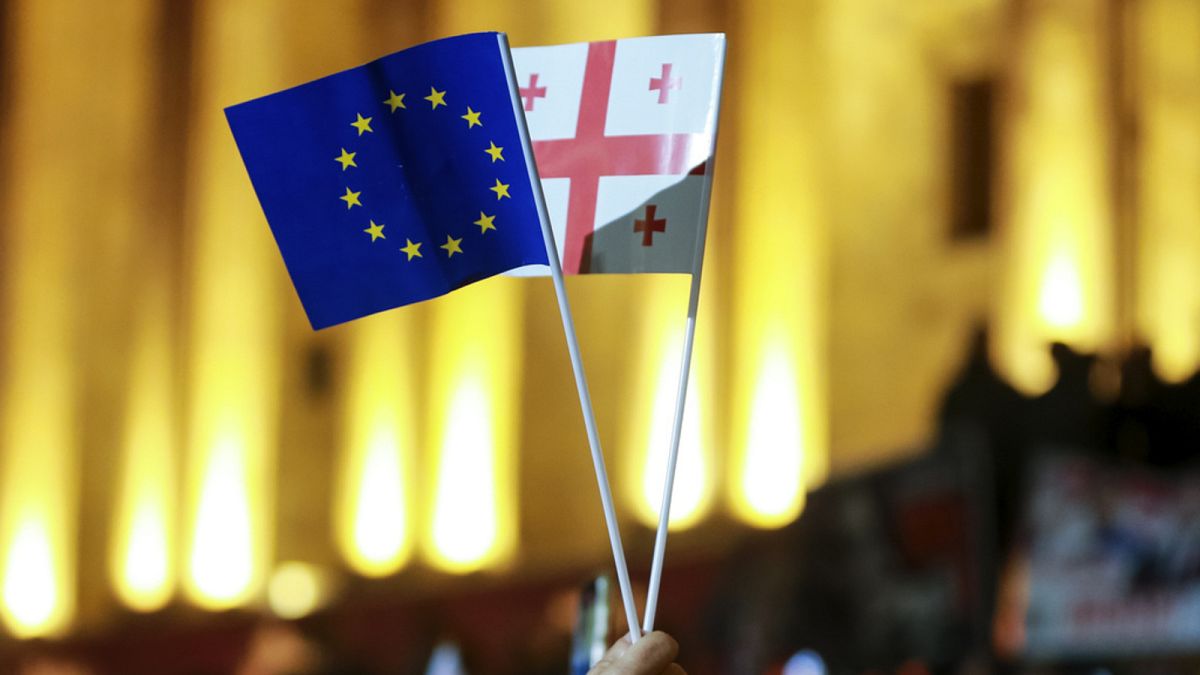The recent elections in Georgia and Moldova have highlighted the strategic competition between the Kremlin and the European Union in expanding their influence to the East. Despite the urgency to expand eastward, the progress of the ten states waiting to join the EU has been slow. Russia’s invasion of Ukraine has reignited the integration process to avoid a ‘grey zone’ on its eastern flank.
In Georgia, the ruling Georgian Dream party, believed to have close ties to the Kremlin, tightened its grip on power in a recent parliamentary vote. The EU has called for an investigation into widespread reports of electoral irregularities. The EU has frozen Georgia’s bid to join the EU due to democratic backsliding, and the adoption of controversial bills inspired by Moscow’s repressive legislation.
In Moldova, the country voted to enshrine the goal of EU membership in its constitution by a narrow margin. Russia allegedly spent significant amounts to undermine the electoral process through disinformation campaigns. Moldova has faced challenges from Russia’s hybrid war of aggression against Ukraine, which could destabilize the country. A presidential runoff will determine Moldova’s path towards EU membership.
Serbia, in the Western Balkans, is facing obstacles in its EU accession bid due to its close relations with Russia. The country’s president has refused to impose sanctions on Russia and has deepened ties with the Kremlin. Despite warnings from the EU, Serbia has intensified its relations with China as well. Hungary, an EU member state, also faces criticism for maintaining ties with Russia and diverging from the EU’s foreign policy line.
The EU’s assessment warns candidate countries like Moldova and Serbia against heavy-handed measures to counter Russia’s hybrid warfare. The EU has stressed the importance of aligning with its foreign policies as a pre-requisite for membership. Furthermore, the EU has emphasized the need for clear political will from candidate countries to move ahead with their accession bids. Overall, the recent elections in Georgia and Moldova have underscored the ongoing power struggle between Moscow and Brussels in the Eastern region.










